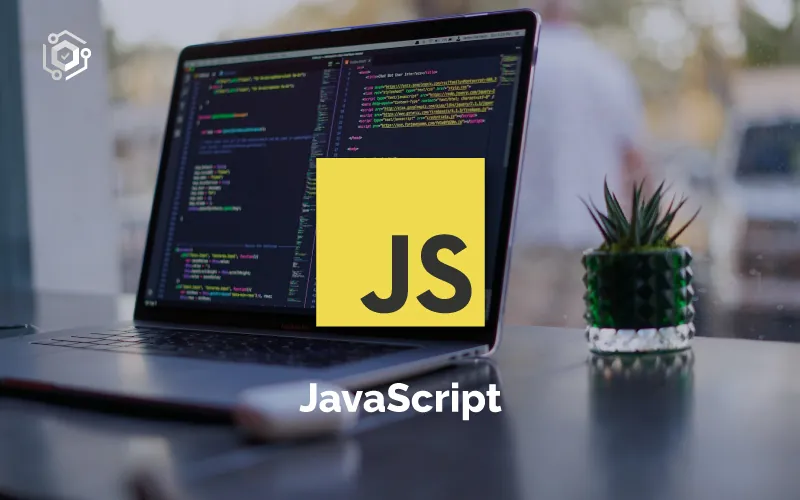Do you have a new technological development on the horizon? Then save this post. Today we will tell you everything about the JavaScript programming language: features, utilities and differences with Java.
What is JavaScript?
JavaScript is a scripting programming language capable of providing effective solutions in most areas of technology. It allows you to create dynamically updated content, control multimedia, animate images, etc.
What is JavaScript used for?
The most important uses of JavaScript are the following:
- Development of websites on the client side (front end, in the browser).
- Development of applications for mobile devices, hybrid or that compile to native.
- Construction of web servers and server applications.
- Development of desktop applications for Windows, Linux and Mac systems.
- Game development.
JavaScript: features and benefits
- Simplicity. It has a simple structure that makes it easier to learn and implement.
- Speed. It runs faster than other languages and favors error detection.
- Versatility. It is compatible with other languages, such as: PHP and Java. Plus, it makes data science and machine learning accessible.
- Popularity. There are numerous resources and forums available to help beginners with limited skills and knowledge.
- Server load. Data validation can be done through the web browser and updates only apply to certain sections of the web page.
- Updates. It is continuously updated with new frameworks and libraries, this ensures relevance within the sector.
What are the disadvantages of JavaScript?
- Browser compatibility. Different web browsers interpret JavaScript code differently. Therefore, you will need to test it in all popular browsers, including older versions.
- Depuration. Although some HTML editors support debugging, they are less efficient than other editors. Finding the problem can be challenging, as browsers do not display any warnings about errors.
Main differences between JavaScript and Java
In a previous article, we already told you about the programming language. Here we take the opportunity to discover the differences it has with JavaScript:
- Java is used to create applications on various devices or in browsers, while JavaScript is mainly used for HTML documents and browsers.
- Both Java and JavaScript use different plugins. Even the file extensions are different, being Java “.java” and JavaScript “.js”.
- Java is a compiled and interpreted language, while JavaScript code is executed directly by a browser.
- Java is a network-centric, object-oriented, cross-platform programming language, while JavaScript is a scripting language that allows developers to create interactive web pages.
- Java syntax requires data types to be declared, while JavaScript syntax does not. Also, Java is a static language and JavaScript is dynamic.
- JavaScript is debugged in one phase and Java in two. JavaScript makes code work by reporting errors as it is being executed. Java first performs the compile phase, and the compiler flags any syntax errors present in our code. Afterwards, the program is executed, and errors may arise to be debugged.
- Java has defined variables that cannot be changed and is more complex, JavaScript can be changeable, giving it flexibility, and it is simpler.
JavaScript is the language that can cover the most types of applications and uses today. For this reason, it is a highly recommended technology to learn and use. It offers functionalities to be used in all kinds of projects. Remember that at MyTaskPanel Consulting we can provide you with the best JavaScript (and other languages) professionals.










